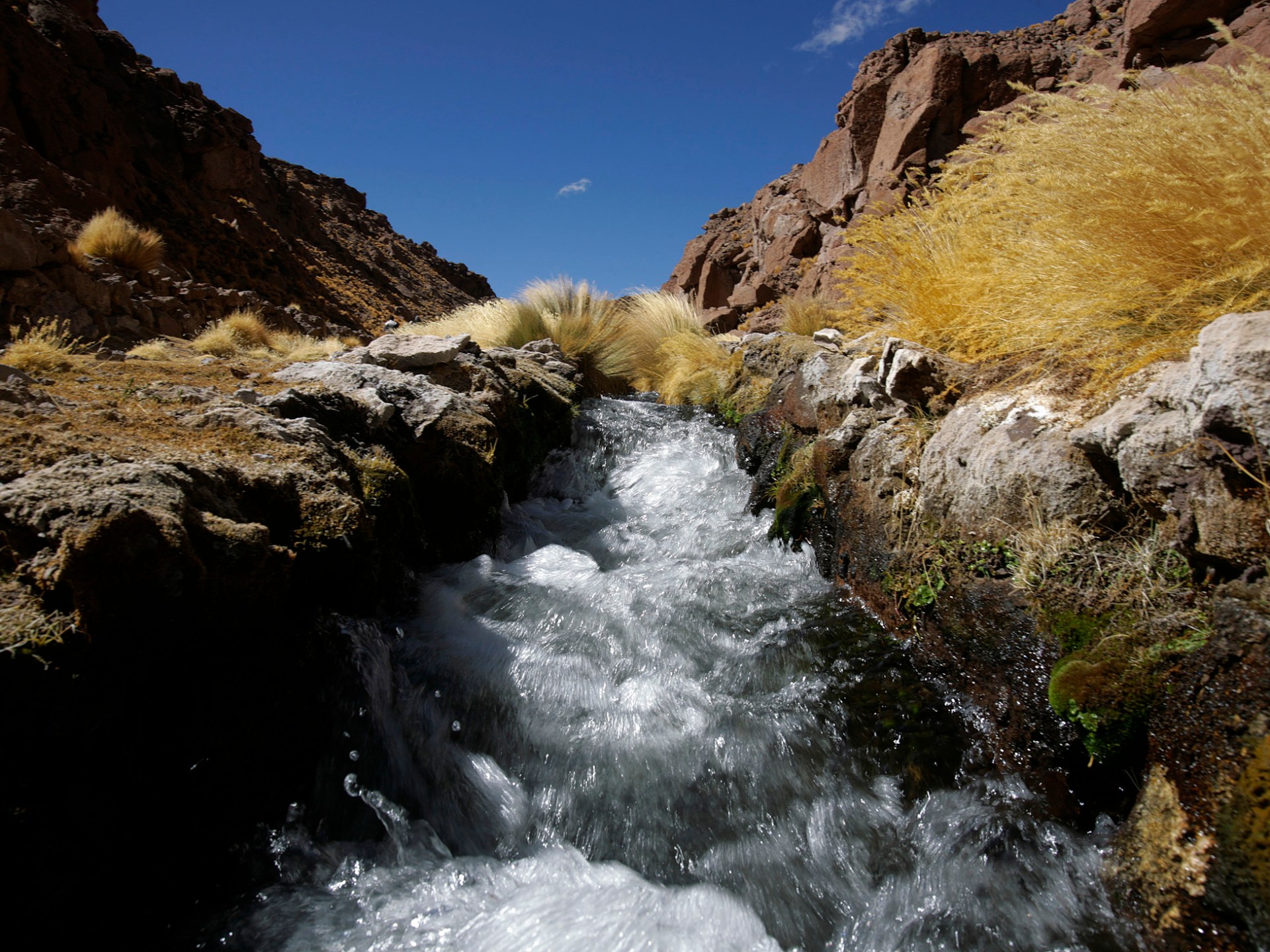Four killed during powerful storms in eastern Canada | Climate Crisis News
Nearly 900,000 homes in Ontario and Quebec provinces were without power as wind-blown trees killed several Canadians.
Four people are dead and nearly 900,000 homes are without power after severe storms pummeled the eastern Canadian provinces of Ontario and Quebec.
Ontario police said three people died and several more were injured because of the strong thunderstorm. Images posted on social media from across the province showed debris-strewn streets and toppled trees that damaged homes and cars.
One man was killed when a tree fell on the trailer he was staying in on Saturday. Meanwhile, according to Peel Regional Police, a woman in her 70s was killed after being struck by a tree in the city of Brampton.
“Woman was transported to local hospital where she succumbed to her injuries,” the organisation posted on Twitter.
Trees being knocked down and cars being pushed over #ONstorm #ottnews @weathernetwork pic.twitter.com/zCP0ljHNhL
— Adam Safaoui (@adam_safaoui) May 21, 2022
The storm was severe enough for Environment Canada to issue broadcast-intrusive emergency alerts that went out to television and radio stations and mobile phones.
In the federal capital Ottawa, another person was killed by the storm, but local police declined to give further details.
The fourth victim was a woman in her 50s. She drowned when her boat capsized in the Ottawa River, which separates Ottawa and Quebec, during the storm, national broadcaster CBC reported citing local police.
Ottawa Mayor Jim Watson said staff were “assessing the damage and threats on the ground”.
“We have a full complement of city and hydro crews out clearing roads and restoring power. This was a massive storm and we ask for your patience,” he tweeted.
‘Destructive storm’
In the city of Kitchener, Ontario, wind gusts of up to 132 km/h were recorded, according to Environment Canada, while in Toronto and Ottawa wind gusts of up to 120km/h were observed.
Nearly 900,000 homes in the two provinces were without power Saturday night, according to online counts from local providers Hydro One and Hydro-Quebec.
“We anticipate it will take several days to restore power after today’s destructive storm,” Hydro One said.
Environment Canada meteorologist Daniel Liota said while wind gusts of such speeds are not so rare in isolated microbursts, the storm was unusual in that it covered such a large geographic area.
“It was a big deal. It’s your upper echelon of thunderstorms,” the Canadian press quoted him as saying.




